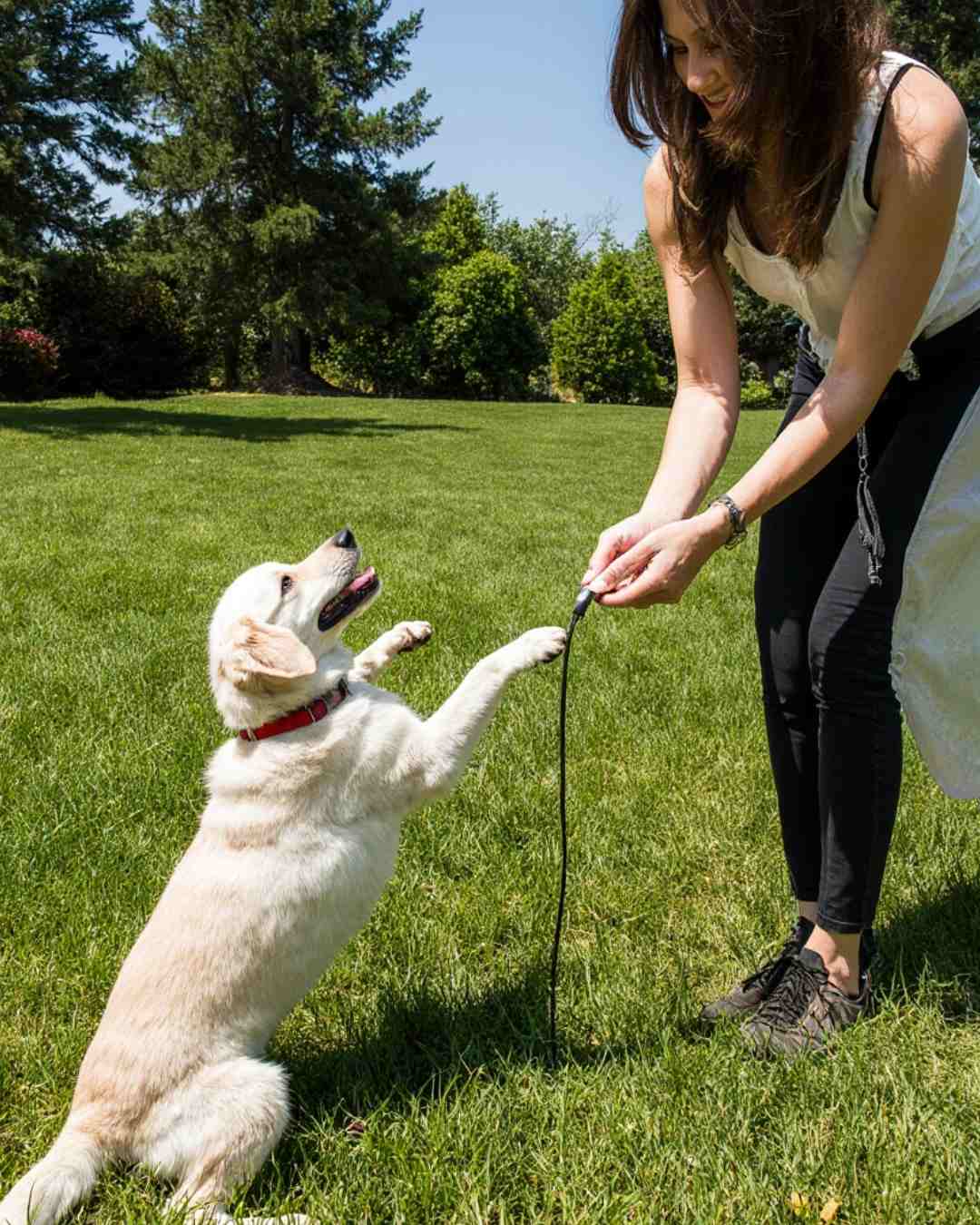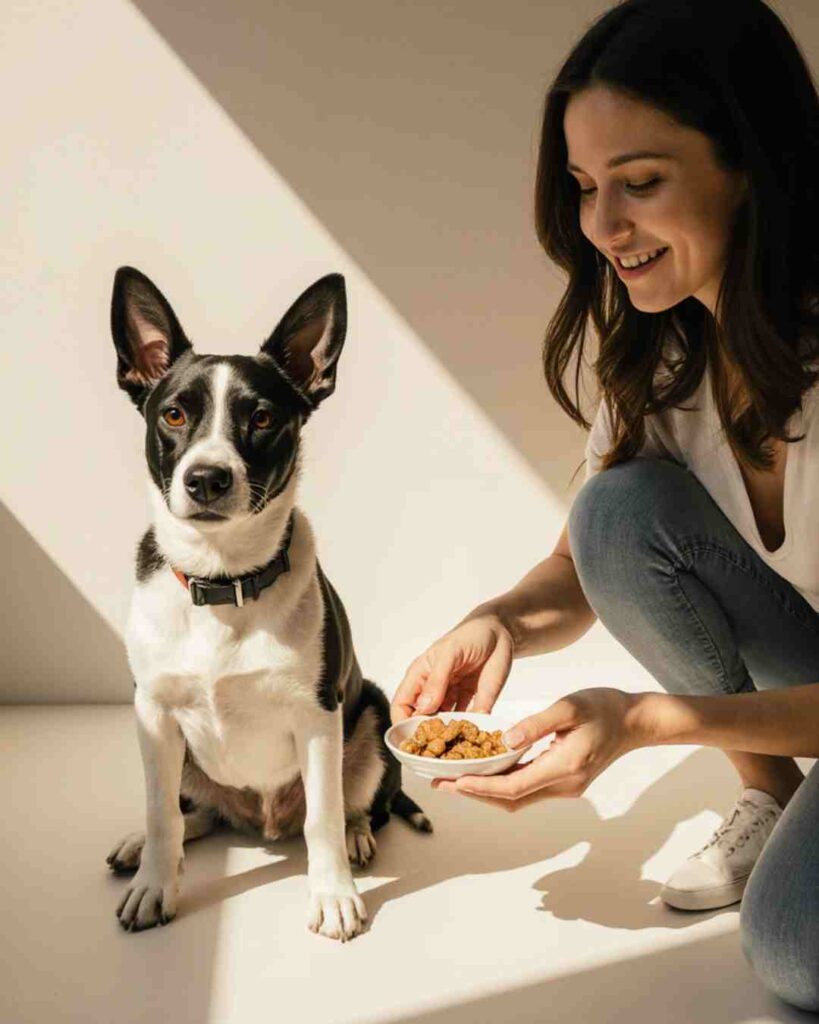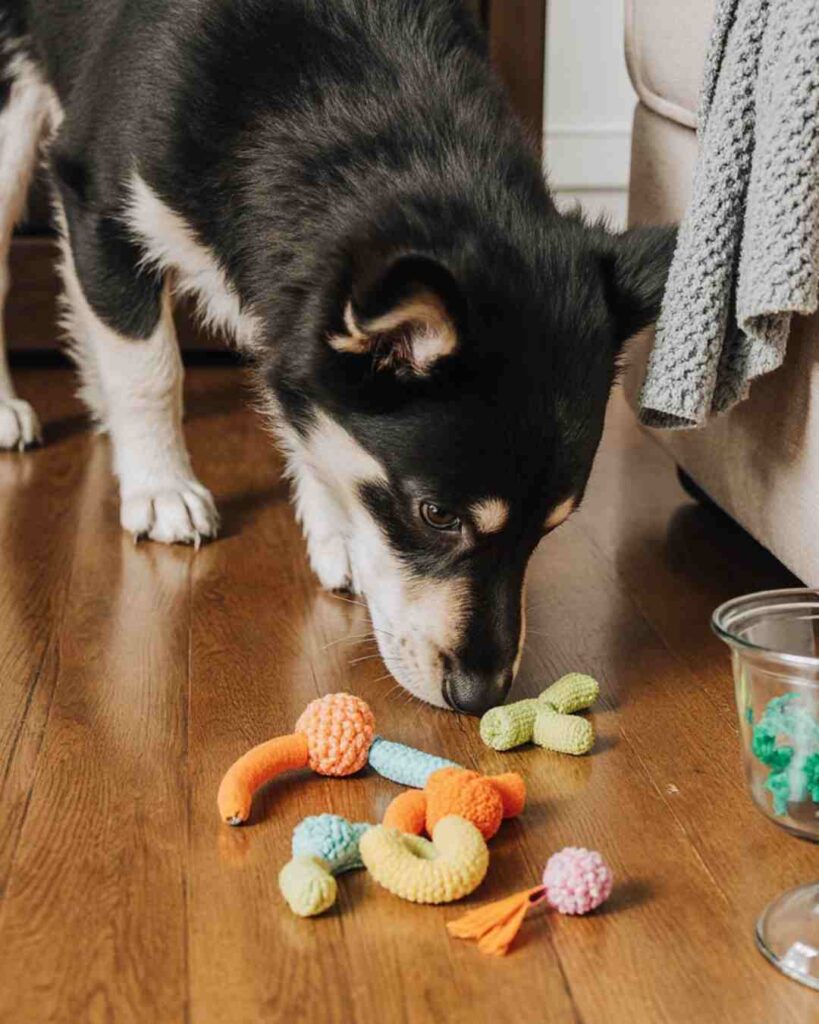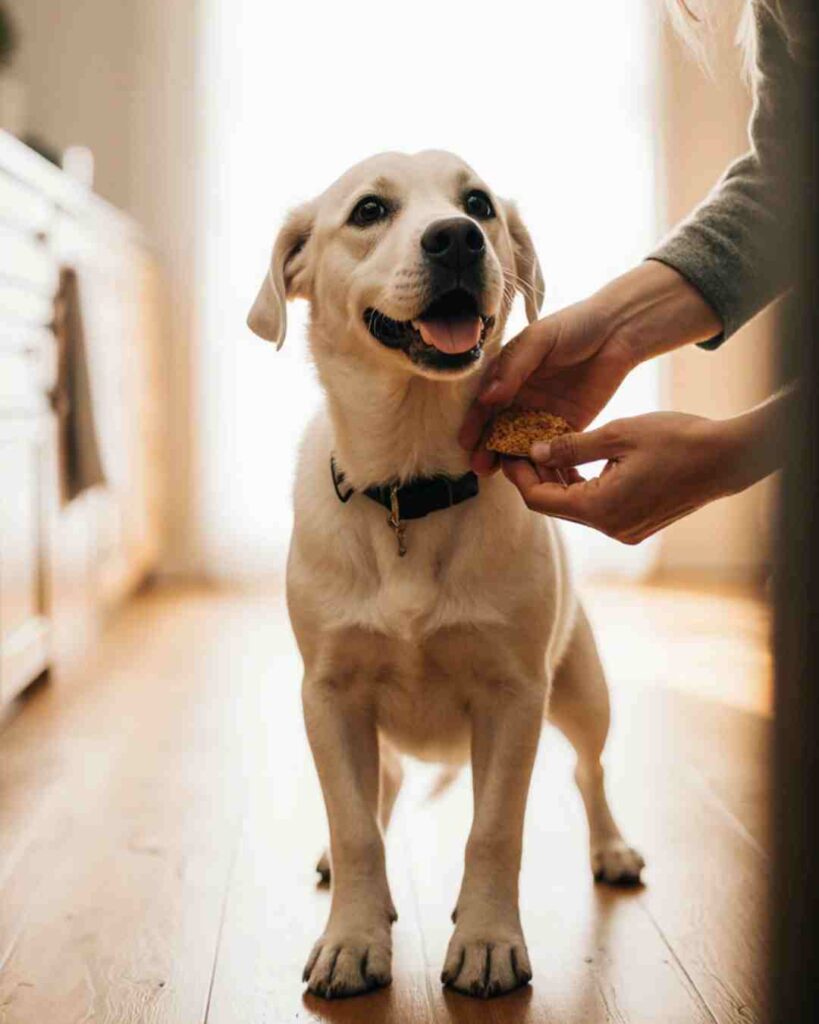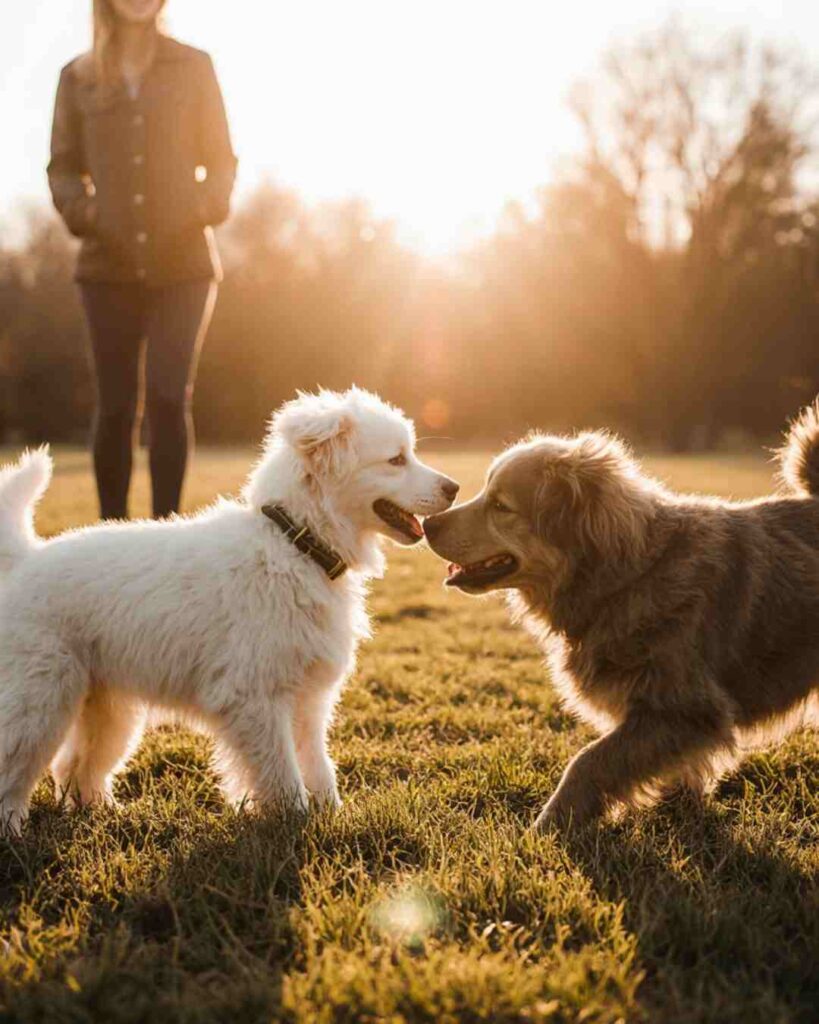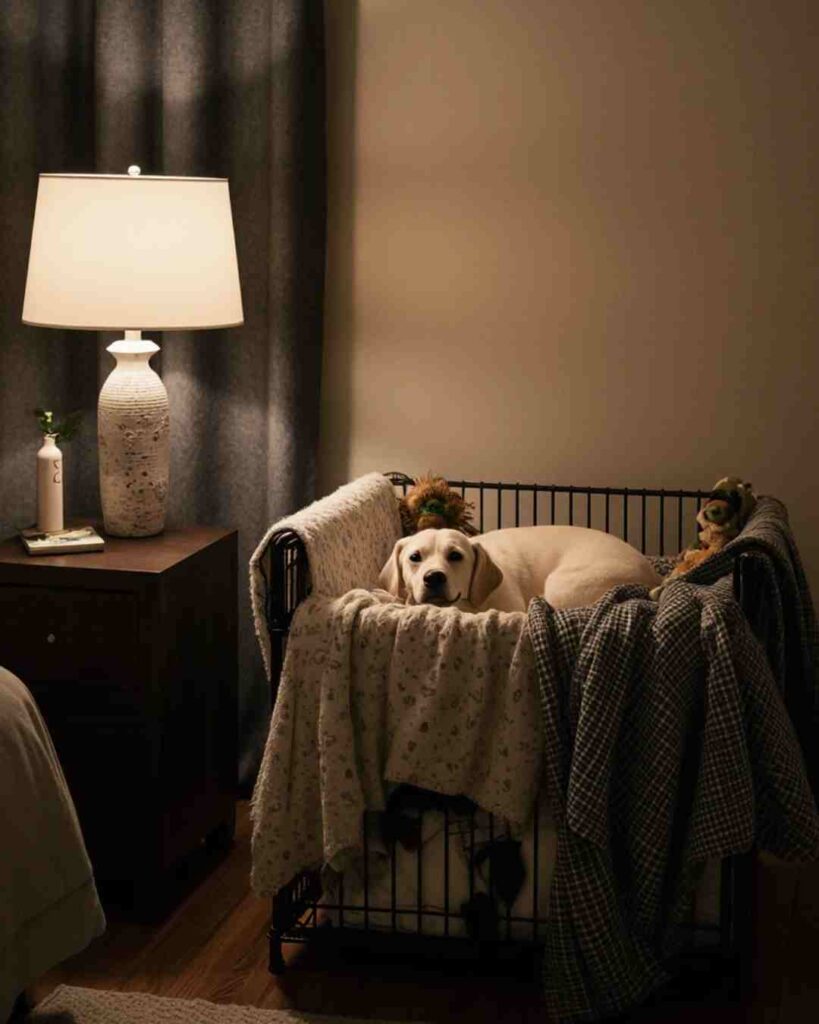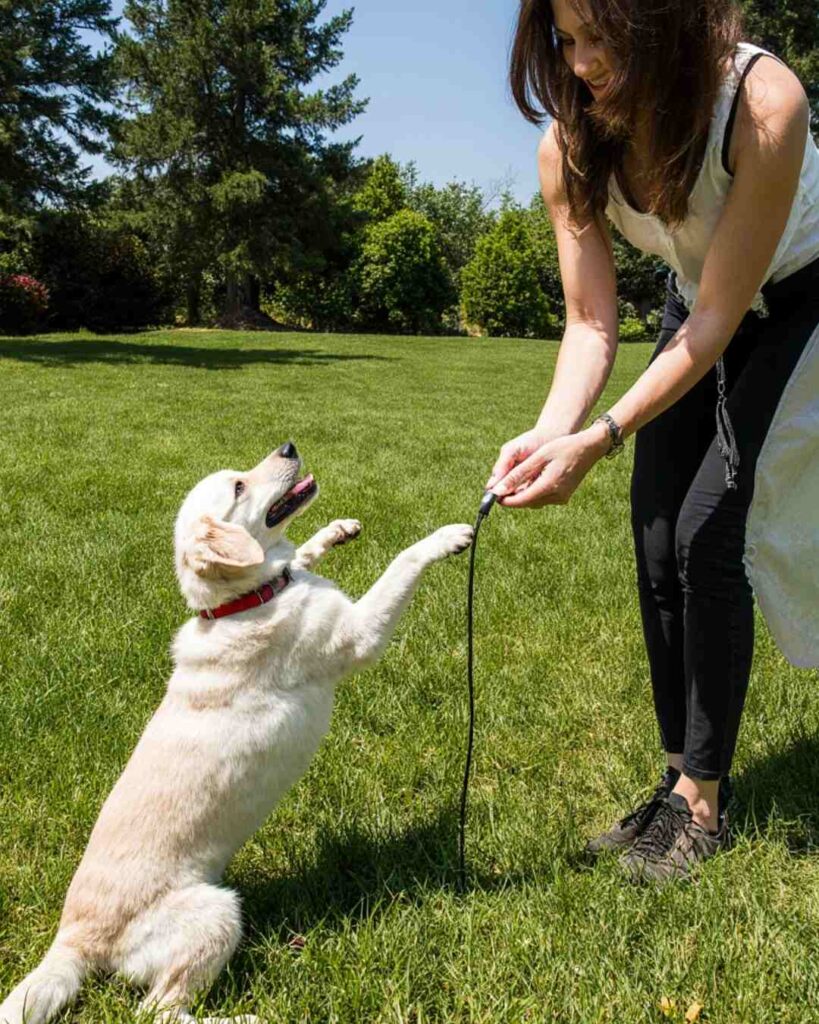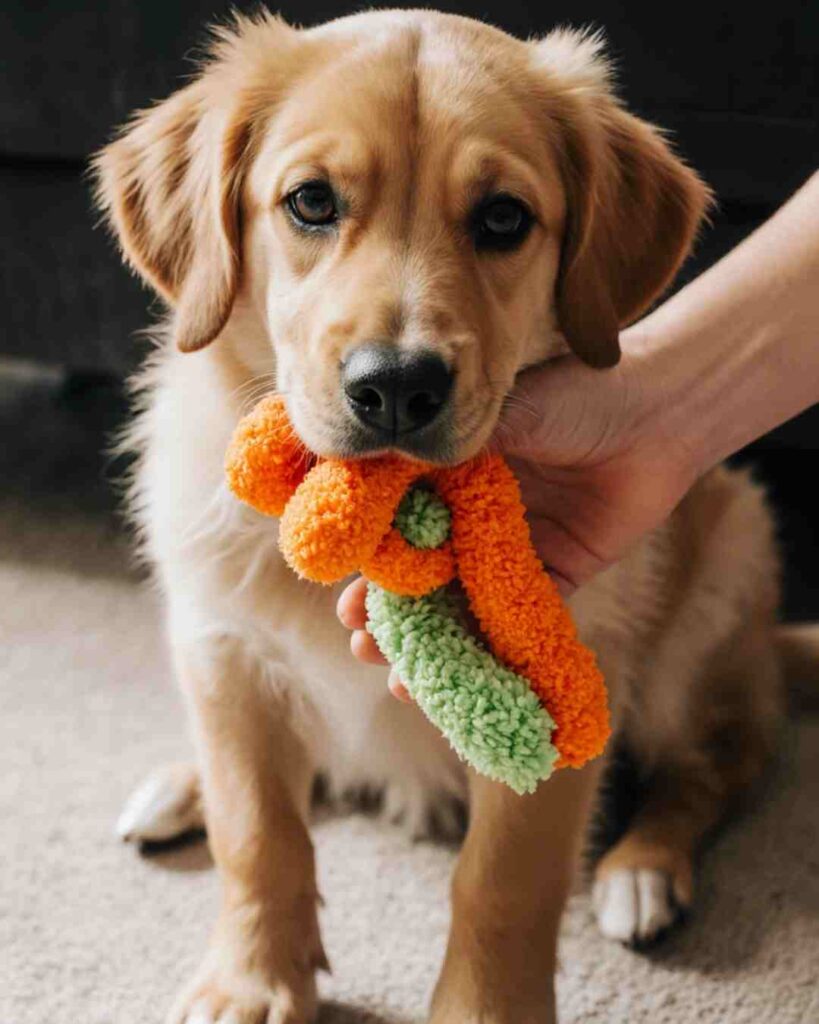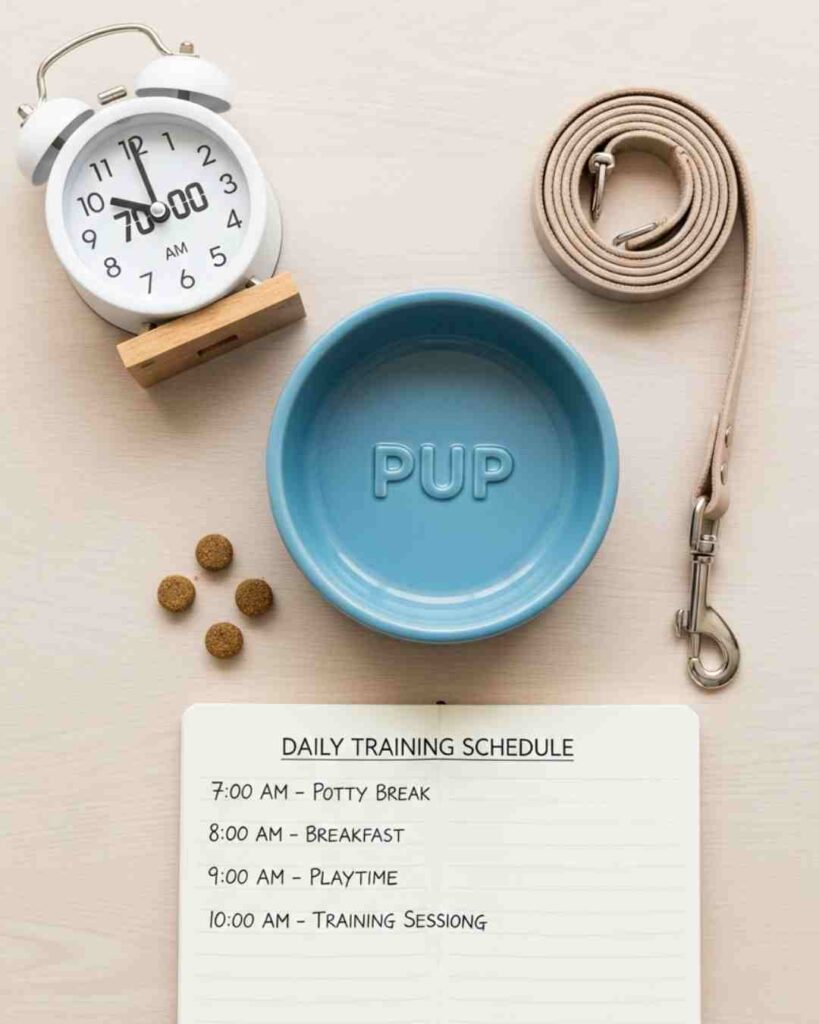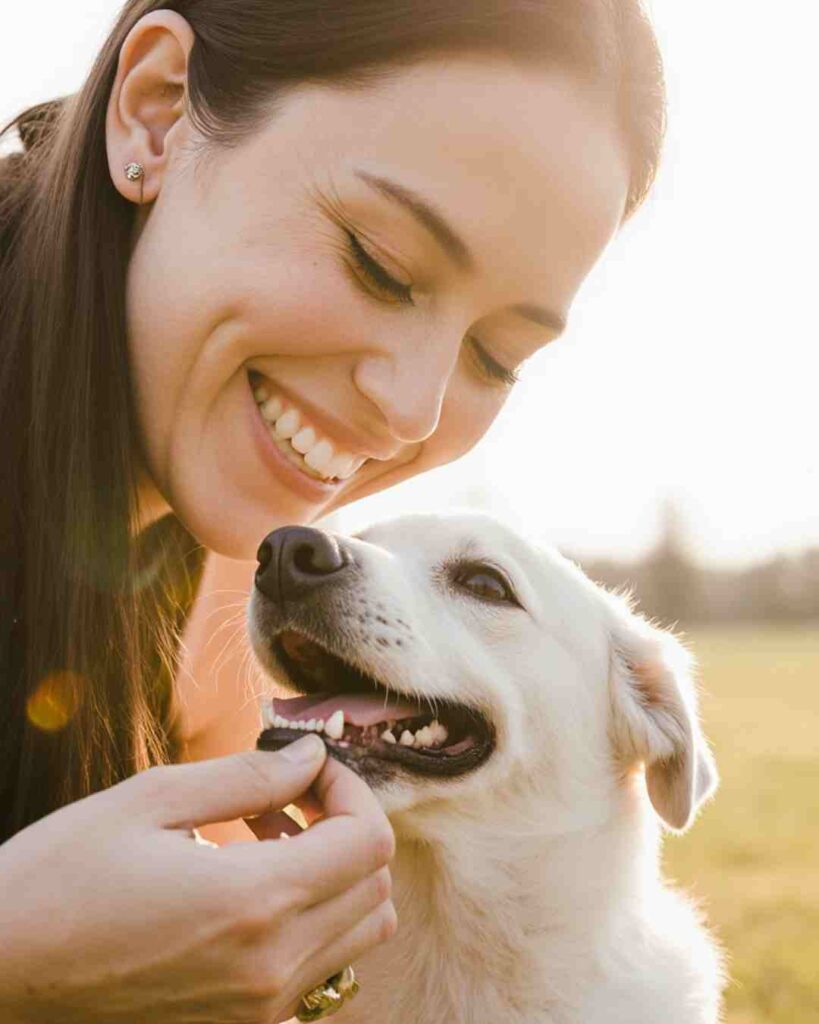How to Train an 8-Week-Old Puppy: Step-by-Step Schedule, Tips & Commands
How to train an 8-week-old puppy isn’t as scary as it sounds. Sure, your new furball might be tiny, clumsy, and totally clueless, but this is the best time to start teaching good habits. From crate training to potty routines, everything you do now shapes the dog they’ll become — and trust me, it’s easier (and way more fun) than you think.
I’ve been there — 3 a.m. bathroom breaks, chewed phone chargers, and those “am I doing this right?” moments. So, let’s go step-by-step through how to train your 8-week-old puppy using proven methods that actually work — minus the boring textbook talk.
1. When to Start Training a Puppy (and Why It Matters)
Ever wonder if 8 weeks is too early to start training? It’s actually the perfect time.
Puppies are like little sponges right now. Everything they see, smell, and touch helps shape how they behave as adults. Starting early teaches them what’s normal, what’s fun, and what’s off-limits before bad habits kick in.
When I got my first pup, Luna, I waited too long to start. Big mistake. By the time she was 12 weeks, she thought “sit” meant “zoomies.” I learned that training early saves months of frustration later.
So, yes — start right now. Every cuddle, playtime, and feeding moment is a training opportunity.
2. How to Train an 8-Week-Old Puppy: The First Week at Home
Your puppy’s first week at home sets the stage for everything. Keep it simple, structured, and positive.
Focus on These Core Goals:
- House training: teaching where and when to potty
- Crate comfort: making the crate feel safe and cozy
- Name recognition: getting your pup to respond when called
- Social exposure: gentle introductions to new sounds, people, and rooms
House Training Basics
Take your puppy out:
- First thing in the morning
- After meals
- After naps
- Before bedtime
Always use the same spot and say a cue like “Go potty.” When they do it — treat, praise, party! That instant reward teaches lightning-fast.
And hey, don’t freak out about accidents. It’s part of the game. Clean up quietly with an enzyme cleaner (so the smell doesn’t invite repeat performances).
If you struggle with nighttime accidents, check out Stop Puppy Biting at Night — it also covers how to manage nighttime whining and crying.
3. Training Your 9-Week-Old Puppy: Building on the Basics
Once your pup starts understanding where to go potty and what their name means, it’s time to level up.
Add Simple Commands
Start with easy wins like:
- Sit: move a treat from nose to forehead — when the butt hits the floor, reward.
- Come: kneel, open your arms, and say “Come!” in a cheerful tone.
- Stay: ask for a sit, show your palm, step back, and reward if they hold.
Keep each session short — 5 minutes max. Puppies get bored faster than a toddler in a museum.
Introduce Leash Practice
Pop on a tiny harness and let them drag the leash indoors. Reward calm behavior. The goal right now isn’t walking far — it’s getting them comfortable with the leash.
If you want to make walks easier later, check our guide on Dog Washing Area Ideas to create a routine for post-walk cleanup and grooming.
4. Socializing Your Puppy Between 8–16 Weeks
This is one of the most important (and overlooked) parts of training. If you only do one thing right, make it socialization.
The social window closes fast — by about 16 weeks. Everything your puppy experiences now shapes how they’ll react later.
Expose Them Gently To:
- Friendly adults and kids
- Common sounds (vacuum, TV, doorbells)
- Other vaccinated dogs
- Car rides and short outdoor trips
- New textures (grass, tile, carpet, wood)
Keep it positive. If your pup looks nervous, don’t force it — pair new experiences with treats and praise.
Luna used to tremble when she heard the blender. I left it running at low speed and fed her treats until she wagged her tail. Within a week, problem solved.
Puppies learn fast at this age, so it’s the perfect time to introduce new sights and sounds. The American Kennel Club’s Puppy Socialization Guide
explains why these early experiences are key to raising a confident, well-adjusted dog.
For a soothing nighttime snack, try these healthy rewards: Homemade Chicken & Rice Dog Treats. They’re gentle on tummies and perfect for crate training rewards.
5. Crate Training, Housebreaking, and Sleep Routines
If potty training is the “what,” the crate is the “how.” It’s your best tool for housebreaking and safe alone time.
Crate Training Tips
- Make it comfy. Add a blanket and toy.
- Leave the door open so your pup can explore.
- Feed meals inside to build positive vibes.
- Close the door for short sessions. Start with 5 minutes and increase.
Your puppy might cry a bit at first — that’s normal. Stay nearby but don’t give in right away. You’re teaching them independence and safety, not punishment.
And guess what? Crate training also helps your pup learn to hold their bladder overnight — which means more sleep for you!
6. Basic Commands to Introduce by 12 Weeks
By the time your puppy hits 12 weeks, you’ll start noticing their personality really shine. This is the sweet spot for introducing consistent obedience.
The Core Commands
- Sit
- Stay
- Come
- Down
- Leave it
Each one builds trust and structure. Use tiny, tasty treats and a happy voice. End sessions on a win so they always look forward to training time.
Ever notice how dogs read your energy? If you’re upbeat, they’ll match it. Training is like dancing — your vibe sets the rhythm.
7. Managing Puppy Biting and Teething Behaviors
If you’re wondering why your 8-week-old puppy has turned into a tiny land shark — welcome to teething.
How to Handle It
- Say “Ouch!” and stop play if they bite.
- Offer a chew toy immediately.
- Praise them when they switch to the toy.
Consistency is everything. They’ll soon learn what’s fair game and what’s off-limits.
Pro tip: freeze a wet washcloth or a carrot. It soothes sore gums and keeps them busy — a win-win.
Oh, and about shoes? Just hide them. Trust me.
For more ideas, check our post on Homemade Dog Food Recipes You Can Freeze — perfect for pups that love chewing and need something safe to snack on.
8. The Role of Routine in Successful Puppy Training
A good routine is like puppy magic. It tells your dog, “Hey, this is what we do now.” Consistency reduces stress and boosts confidence.
Here’s a simple daily rhythm:
| Time | Activity |
|---|---|
| 7 AM | Potty + breakfast |
| 8 AM | Play + short training session |
| 10 AM | Nap time |
| 12 PM | Potty + lunch |
| 3 PM | Social walk or playtime |
| 6 PM | Dinner + chill |
| 9 PM | Quiet play or crate rest |
| 10 PM | Final potty before bed |
Stick with this, and your puppy will start predicting the routine — and behaving better because of it.
9. Positive Reinforcement: The Golden Rule
Here’s the secret all great trainers swear by: reward the behavior you want, ignore the behavior you don’t.
No yelling. No punishment. Just consistency and positive vibes.
Great Rewards Include:
- Tiny training treats
- Belly rubs or verbal praise
- Short play sessions
When your pup learns that listening = fun, they’ll repeat good behavior willingly.
I used to keep treats in my pocket all day. Every “sit” or “come” got instant praise. Within a week, Luna was glued to me like Velcro.
10. Common Puppy Training Mistakes (and How to Avoid Them)
Let’s be honest — we’ve all messed up a few times. But knowing what not to do saves a lot of frustration.
- Don’t expect perfection. Puppies are babies, not robots.
- Don’t punish accidents. Redirect instead.
- Don’t skip naps. Tired puppies act wild.
- Don’t use too many words. Keep commands short and clear.
Remember, progress beats perfection. Celebrate small wins — those are what add up to big success.
11. Making Training Fun for Both of You
Training shouldn’t feel like a chore. Turn it into playtime!
Try these fun ways to teach commands:
- Practice “come” during hide-and-seek.
- Use “stay” before tossing a toy.
- Reward calm sitting with a belly rub.
If your puppy sees training as a game, they’ll beg to learn.
And yes — you’ll have off days. Maybe they chew the remote or ignore every command. Laugh it off. Tomorrow’s a new start.
12. Wrapping It Up: Your Puppy’s First Step to a Lifetime of Good Habits
So there you have it — how to train an 8-week-old puppy like a pro (without losing your mind).
Let’s recap:
- Start training early — every day counts.
- Focus on crate comfort, potty habits, and simple commands.
- Use positive reinforcement only.
- Keep routines predictable.
- Make it fun.
That wiggly little ball of fur will grow into a confident, well-behaved dog before you know it.
And when your pup sits on command, tail wagging proudly, you’ll realize every midnight potty trip was totally worth it.
